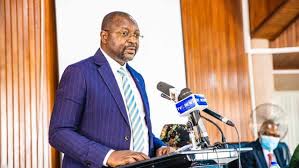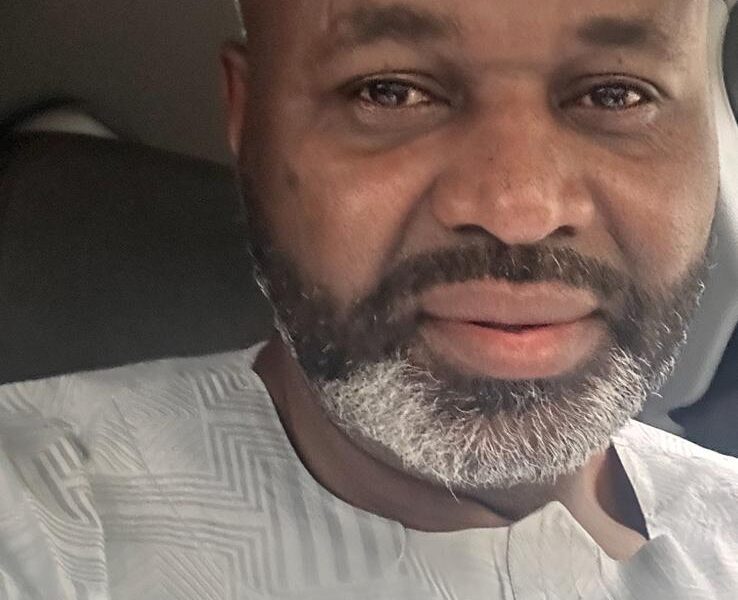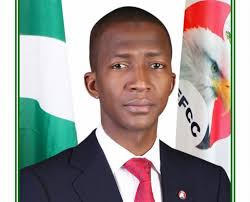The Federal Government of Nigeria has given the assurance that it will understudy the issues raised at the just concluded Commonwealth Youth and Students Summit (CYSS), African Region which have direct impact on the lives of the Nigerian youths for implementation
The Minister of Youth and Sports Development Mr Sunday Dare gave the assurance in Abuja when he declared closed the one week international event.
A statement by the Director of Press and Public Relations, Mohammed Manga quoted the minister to have observed that issues of advancing youth development is a multi-faceted phenomenon which requires a multi-sectoral approach as no one agency or organ of government can adequately address youth issues and challenges in any country not to talk of Africa as a Region.
This he said is why all hands must be on deck in tackling all forms of challenges that hinder the development of our productive youth, especially in the African Region.
The Minister explained that the President Muhammadu Buhari-led Administration over the years had initiated and implemented various programmes and projects to curtail youth unemployment by engaging them in meaningful and productive ventures that contributed to socio-economic growth and development of the country.

He explained further that, the National Youth Policy (NYP) and Nigerian Youth Employment Action Plan (NIYEAP) as well as the National Youth Employment Template were all developed by the Federal Ministry of Sports and Youth Development to respond to Youth employment in Nigeria.
Dare added that the Federal Government through the efforts of the Ministry approved N75b (Seventy-Five Billion Naira), Nigeria Youth Investment Fund (NYIF) for young entrepreneurs to have access to loans at minimal interest in order to establish and improve their businesses.
“The Federal Ministry of Sports and Youth Development under my watch launched the DEEL initiative aimed at giving Nigerian Youth a comparative advantage and a competitive edge in the global employment demand and supply. DEEL is an acronym for D-Digital Skills acquisition, E-Employability, E-Entrepreneurship and L- Leadership.
“The DEEL initiative has equipped 200,000 youth with digital skills-basic, intermediate and advanced skill in areas such as Web design and management, software training, cloud competing, Artificial intelligence, App development, code and data processing,” Dare said.
Also speaking, the Honourable Minister of Communication and Digital Economy Professor Isa Ali Pantami stated that Nigeria is committed to the development and empowerment of its Youth in the country.
That he said is the reason the present administration came up with numerous youth Programmes to empower the nation’s teeming youth populace. “These include: Digital Skill Acquisition, Cybersecurity, Web Development, Robotics, Applications Development, E- Business Management, E-Commerce/Digital Marketing, Digital Photography, Coding, among others.”
He advised the youth in the African Continent to ensure improvement in skill acquisition rather than taking pride in the acquisition of academic certificates alone without practical knowledge. “The world is moving away from certificates to skills. If you want to be relevant then improve your skills with that you are set to compete globally”, Pantami said.
In her remarks at the event, the Honourable Minister of Women Affairs, Dame Pauline Tallen stated that her Ministry has identified Gender Based Violence (GBV) as a challenge to youth development.
Based on that she indicated that ministry is collaborating and intensifying advocacy with relevant government agencies, civil society organisations and relevant stakeholders with a view to putting an end to Gender Based Violence (GBV) so as to provide African Youth the opportunity to excel in their life endeavours.
She therefore called on Commonwealth countries, and all well-meaning Nigerians to join hands in the fight against GBV with a view to particularly protect the girl child so as to ensure a healthy continent.
In his closing remarks, the Permanent Secretary Federal Ministry of Sports and Youth Development, Alhaji Ismaila Abubakar thanked the Commonwealth Nations for ensuring the participation of their delegates at the Summit.
He commended President Muhammadu Buhari for agreeing to host the event and urged the youth to take advantage of the Summit to network for a better African continent.




